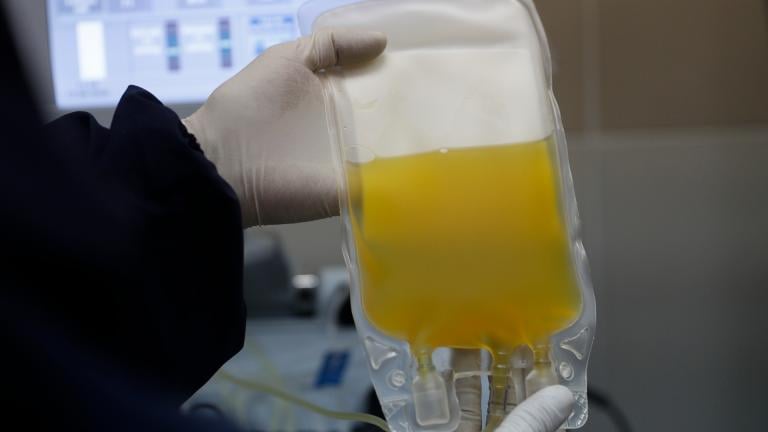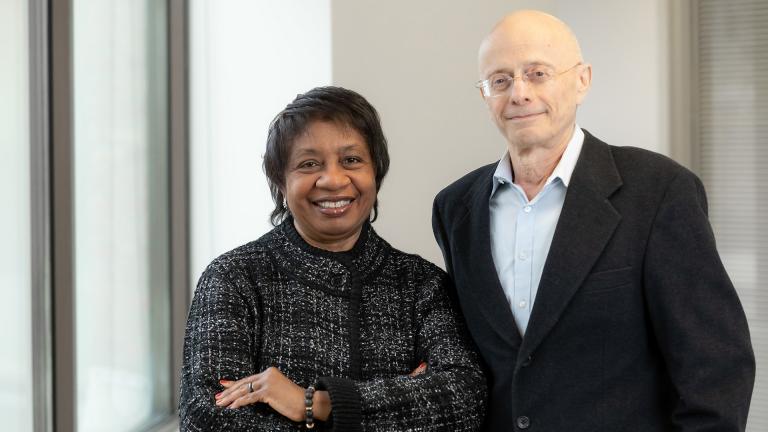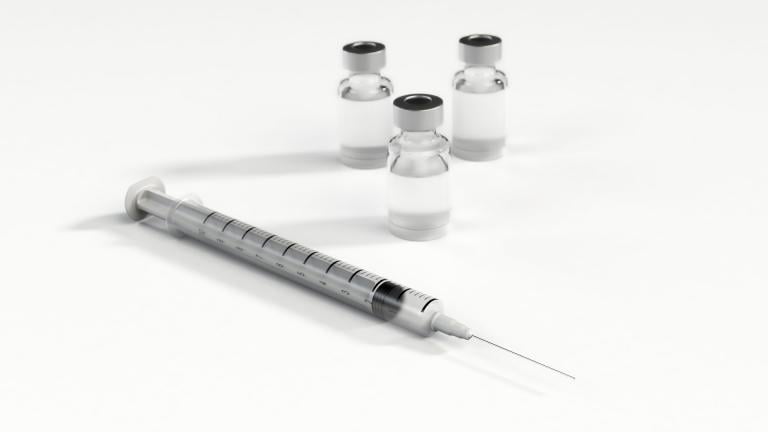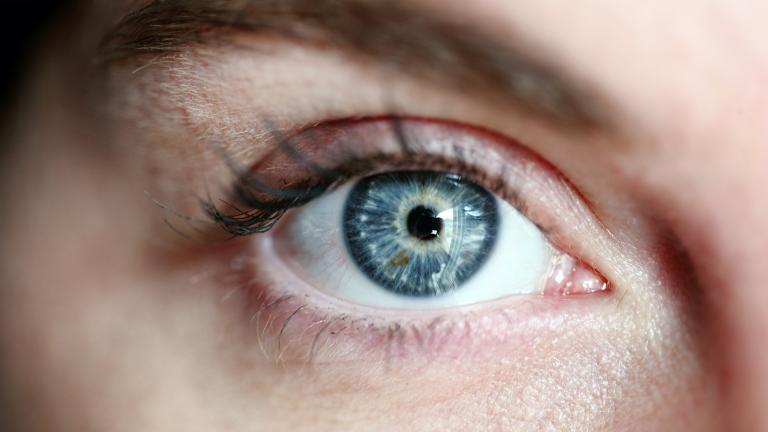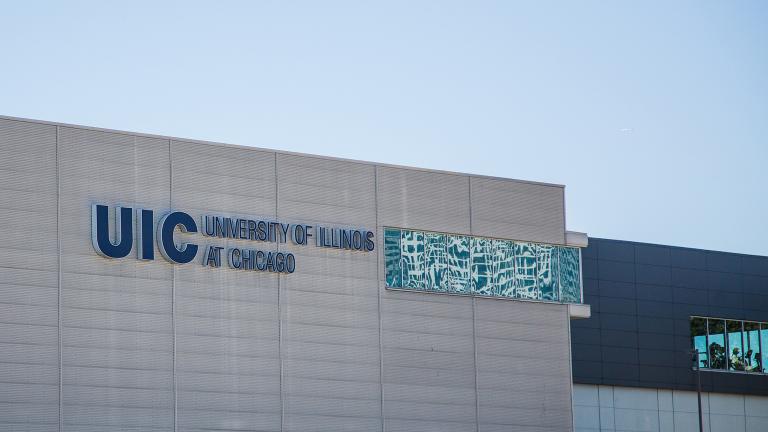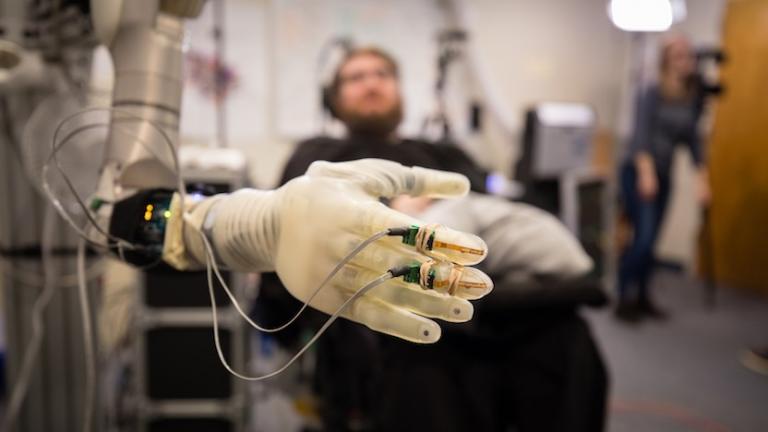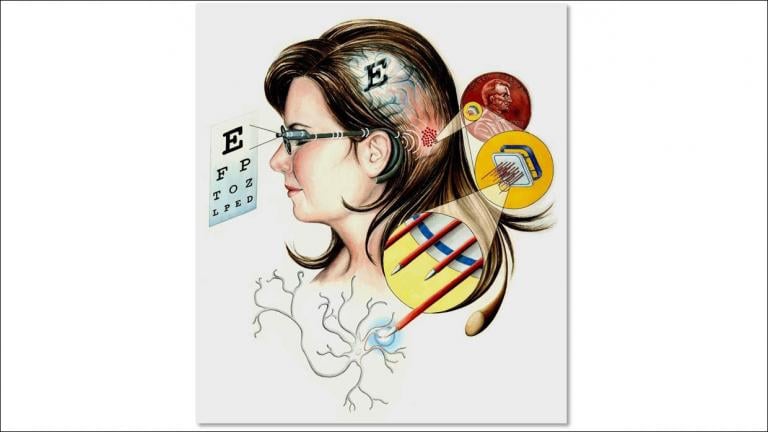Why do some people experience long-term effects after having COVID-19? And what can be done to speed recovery and prevent it? Researchers at the University of Illinois Chicago are part of a national effort to answer those questions and more.
NIH
The National Institutes of Health released the data on Thursday to help researchers start unraveling how people’s genes, environments and lifestyles interact to drive their health. And half the study’s participants are from racial and ethnic groups historically left out of medical research.
A group of medical experts advising the National Institutes of Health says there is not enough evidence to recommend for or against the use of plasma therapy for patients hospitalized with COVID-19.
Ninth-grade students in select Chicago Public Schools will learn how to recognize and cope with stress as part of a DePaul University-led violence prevention research project funded by the National Institute of Mental Health.
Sudden cardiac arrest can cause death within minutes. There are no drugs to treat the condition, but researchers are hoping to change that by studying the efficacy of two drugs that could improve survival.
An analysis of 44,000 American women found those who reported sleeping at night in a room with a television on or a light were more likely to gain at least 11 pounds over about five years than those who slept in darkness.
New imaging techniques will allow researchers to study small changes in the retina that could indicate the early stages of brain diseases, like Alzheimer’s and Parkinson’s.
Can an app help people stick to their medications? That’s what local researchers hope find out in a new study funded by the National Institutes of Health.
The University of Illinois at Chicago will continue its role in the largest-ever prospective epidemiological study of Latinos, the largest minority population in the U.S.
University of Chicago researchers will develop robotic arms that patients can move with their brains, thanks to a grant from the National Institutes of Health.
Researchers from the Illinois Institute of Technology and University of Chicago are part of a team developing a visual prosthesis that aims to restore partial vision in people who have become blind.



